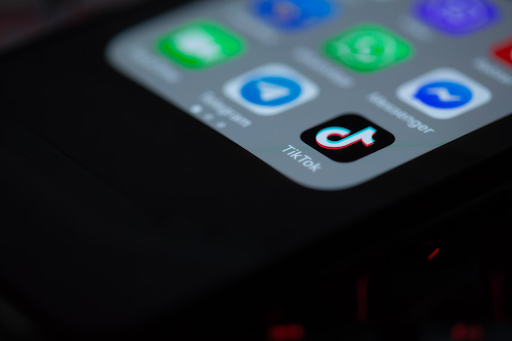One of the first things I learned in advertising class about digital media is that there are three reasons people use the internet: to find information, to be entertained and to stay connected. From LinkedIn to Snapchat, there is an abundance of different media to fulfill each social need. However, despite the unprecedented supply and variety of ways to stay connected, many have recently committed to going “offline,” or avoiding platforms that have an overall negative effect on mental health.
For the first time in history, we are bombarded with information from all angles. Discussions are occurring incessantly and the new data never seems to cease. Individuals can easily be overwhelmed just from the sheer volume of information, whether it’s through international news reports or YouTube video uploads.
With editing apps such as FaceTune becoming more popular than ever, people have more power than ever to mold themselves into unrealistic forms. The ability to literally filter the aspects of ourselves that are publicly displayed creates a global pool of negative comparison.
Social media is also an excellent breeding ground for drama. People have the ability to decide when and where they want to be photographed and with whom, yet some still manage to find themselves in sticky situations among peers. Snapchat videos become evidence of one’s whereabouts and Instagram “likes” become threats to significant others. And of course, people are constantly reminded of what exactly they’re missing. Some “go offline” in order to alleviate that extra stress.
But is an online absence even plausible? For a generation that has grown accustomed to renewing Snapchat “streaks” upon waking each morning, quitting cold turkey is unrealistic. As a CPS student myself, I know how fundamental digital platforms have become to industries such as advertising, journalism and public relations. For professional reasons, many of my peers and I can’t afford to “go offline.” For us, “FOMO” doesn’t refer only to “fear of missing out” on potential social gatherings, but also to the fear of missing news about current events, releases and campaigns that affect our understanding and knowledge of the industries we hope to soon enter. It is virtually impossible to be subscribed to every issue of every publication or manually check every official website on a daily basis. In an age where the president himself communicates frequently over Twitter, there is also some information that is unattainable through means of traditional media. Social media streamlines the process of following relevant companies, news organizations and public figures, but it also contributes its share of distractions and nuisances.
Luckily, there are ways to maintain a positive social media presence and stay connected while minimizing detrimental effects on mental health. First, it is important to follow and “friend” only those that have a beneficial impact on your professional and social life. You are not obligated to engage with every former elementary school classmate, nor are you required to track every explosive Twitter feud. You don’t even have to post; you can simply observe and react. Be cognizant that social media is personally constructed and that people make concentrated efforts to appear as they do. As for “FOMO,” if you’re not invited to a “friend’s” party, you’ll never find out why by being angry at an Instagram picture. Lastly, make sure to moderate your use of social media and meet with friends in person when possible. Chances are, if you’re having genuine fun, you won’t feel the pressure to post about it.
















